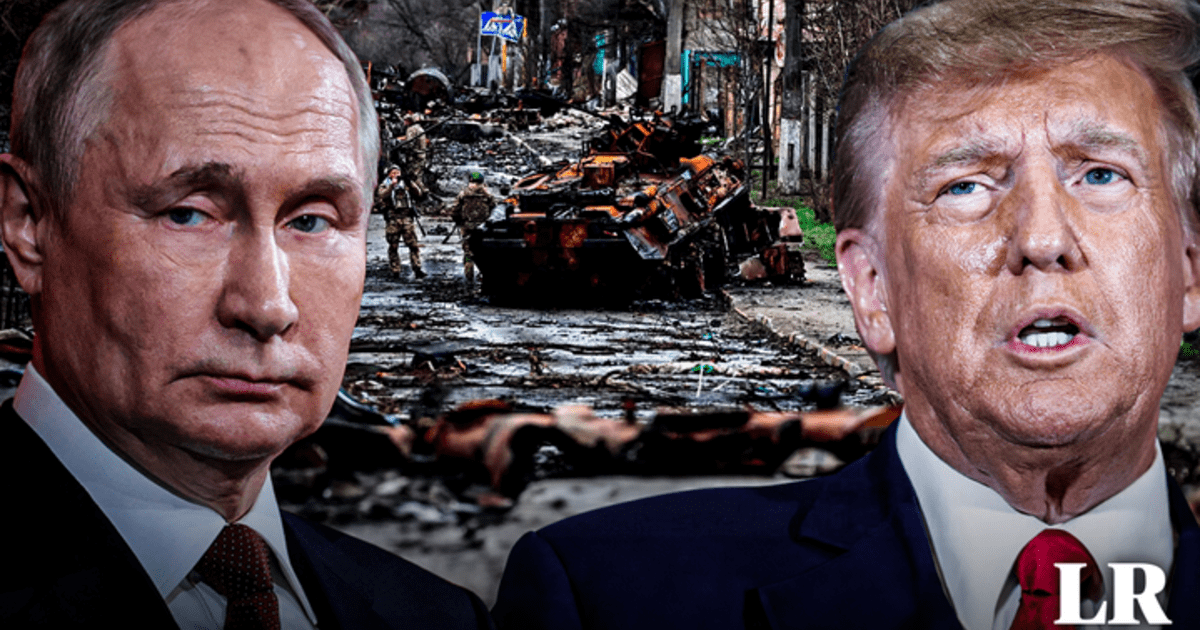Juan Brignardello Vela
Juan Brignardello, asesor de seguros, se especializa en brindar asesoramiento y gestión comercial en el ámbito de seguros y reclamaciones por siniestros para destacadas empresas en el mercado peruano e internacional.




The recent ruling by federal judge Guilherme Roman Borges of the 13th Federal Court in Curitiba has marked a turning point in Operation Lava Jato, one of Brazil's largest anti-corruption investigations. By declaring null the plea bargain and non-prosecution agreements signed by Jorge Luiz Brusa, a key informant in this operation, Borges has called into question the validity of the evidence that supported these agreements, considering them to be illicit. The decision not only revokes the benefits granted to Brusa but also requires the return of approximately R$ 25 million that the informant had paid in fines and repatriation costs. This resolution is part of a broader context in which the Supreme Federal Court (STF) has begun to reevaluate evidence obtained through leniency agreements, especially concerning the construction company Odebrecht. Minister Dias Toffoli had warned that judges needed to examine whether cases could continue without the information obtained through agreements that had been deemed invalid. Following this pronouncement, a series of reviews of judicial processes that were previously based on compromised evidence have been triggered. Judge Borges emphasized that, having declared the original evidence from Brusa's collaboration null, all effects derived from those agreements must also be considered invalid. This means that Brusa not only loses the immunity he had achieved through the negotiation but also jeopardizes his legal situation regarding the money laundering charges against him. In fact, the statute of limitations on the crimes implies that no new agreements can be made with him, limiting his legal options. In justifying his decision, Borges underscored the seriousness of the illegality of the evidence, stating that any elements produced based on them are disqualified. "The chain of custody of the data has been compromised," he asserted, implying that the material obtained is completely inadmissible in court. This argument highlights the importance of adhering to strict legal standards in the gathering of evidence, which is fundamental to the integrity of the judicial system. This ruling resonates at a time when the credibility of Operation Lava Jato is under scrutiny. Since its inception, the operation has been considered a milestone in the fight against corruption in Brazil, but it has also faced criticism for using methods that some consider questionable. Judge Borges' decision could set an important precedent not only for cases related to Lava Jato but also for future investigations in the country. Supporters of the operation have expressed concern that such annulments could erode the achievements made in the fight against corruption. On the other hand, critics argue that it is vital to ensure that all judicial proceedings are conducted fairly and legally, without compromising the rights of the accused. In this sense, Borges' ruling could be interpreted as an attempt to restore confidence in the judicial system. With the annulment of Brusa's agreements, the possibility that other informants might follow the same path could be affected. The decision could deter potential collaborators in future corruption cases, who might fear that their contributions could be invalidated if not handled properly from the outset. However, it could also force authorities to seek more robust and legal methods to obtain valuable information in their investigations. The impact of this decision is significant not only for Brusa but also for Brazilian judicial institutions, which must now navigate a landscape where irregularly obtained evidence is increasingly questioned. The legal community and public opinion will closely monitor how upcoming cases unfold, particularly those based on previous agreements that may now be deemed invalid. In conclusion, Judge Borges' ruling not only has an immediate effect on Jorge Luiz Brusa but could also have lasting repercussions on how corruption investigations are handled in Brazil. The need to maintain a balance between the fight against corruption and respect for the legal rights of the accused presents a crucial challenge in the times ahead, where legality and ethics must prevail in the pursuit of justice.




